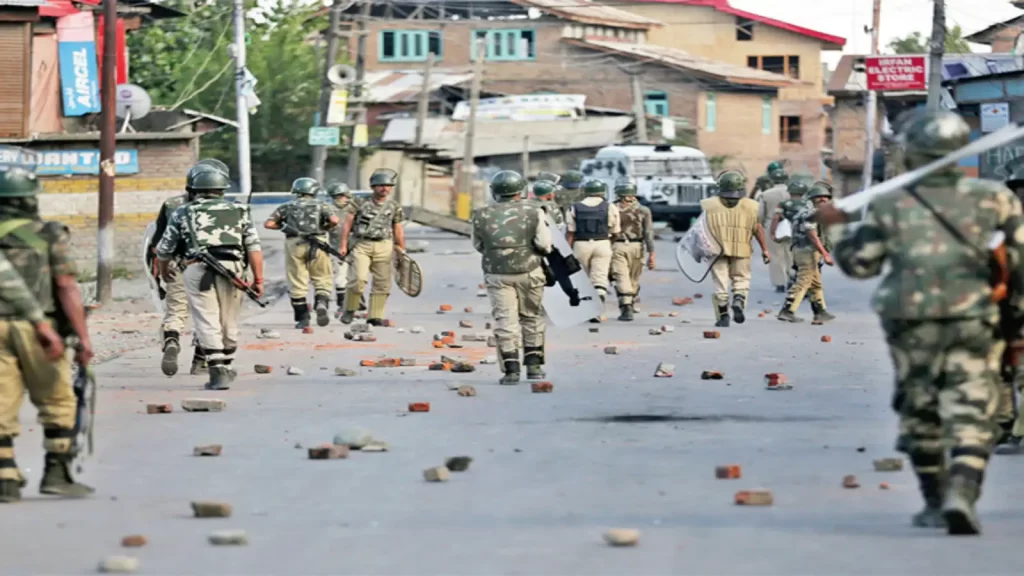On April 22, 2025, a devastating terrorist attack in Pahalgam, Jammu and Kashmir, resulted in the deaths of 26 tourists, marking the deadliest such incident since the 2008 Mumbai attacks leads to new Kashmir Crisis. The Resistance Front (TRF), believed to be affiliated with Pakistan-based Lashkar-e-Taiba, claimed responsibility, citing opposition to alleged demographic changes in the region.
In response, India suspended the Indus Waters Treaty, downgraded diplomatic ties with Pakistan, and closed major border crossings. Pakistan retaliated by suspending bilateral agreements and warning that any attempt to divert river waters would be considered an act of war.
The attack has also impacted India’s financial markets, with the rupee weakening to 85.66 against the U.S. dollar and the 10-year government bond yield rising to 6.36%, reflecting investor concerns over escalating tensions.
Human rights conditions in Jammu and Kashmir have deteriorated, with reports of increased surveillance, arbitrary detentions under the Public Security Act, and restrictions on civil liberties. The UN Human Rights Committee has expressed concern over these developments, urging India to ensure compliance with international human rights obligations.
Economically, the region faces significant challenges, with unemployment rates reaching 23.09% and nearly half the population living below the poverty line.
The Pahalgam attack underscores the fragile state of peace in the region and the potential for renewed conflict between nuclear-armed neighbors & it is going to be neo Kashmir Crisis 2025. Addressing the root causes of unrest, including political disenfranchisement and economic marginalization, is crucial for achieving lasting stability.




